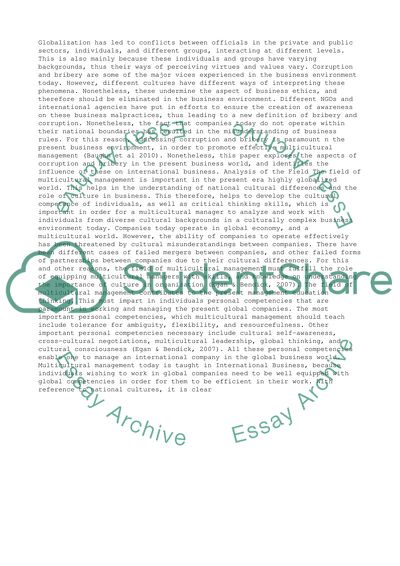Cite this document
(“Bribery and Corruption Abroad: Impact on Global Business Essay”, n.d.)
Retrieved from https://studentshare.org/business/1484773-bribery-and-corruption-abroad-impact-on-global-business
Retrieved from https://studentshare.org/business/1484773-bribery-and-corruption-abroad-impact-on-global-business
(Bribery and Corruption Abroad: Impact on Global Business Essay)
https://studentshare.org/business/1484773-bribery-and-corruption-abroad-impact-on-global-business.
https://studentshare.org/business/1484773-bribery-and-corruption-abroad-impact-on-global-business.
“Bribery and Corruption Abroad: Impact on Global Business Essay”, n.d. https://studentshare.org/business/1484773-bribery-and-corruption-abroad-impact-on-global-business.


